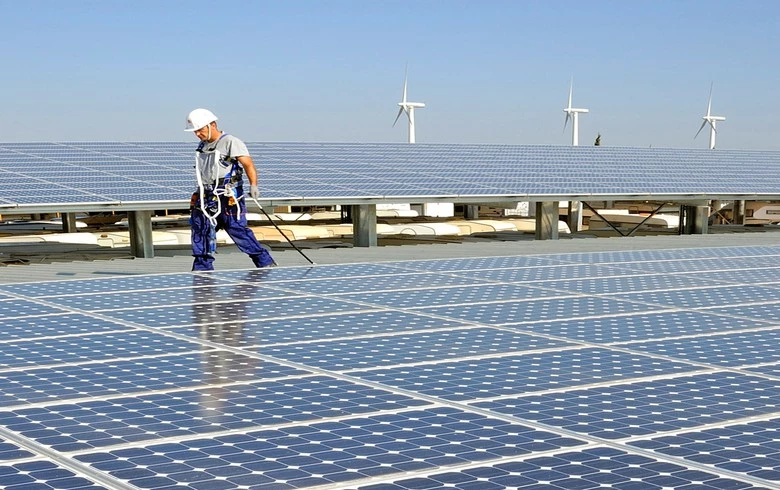Over the last 12 months, the EU and Tunisia have developed much closer relations and stepped up their cooperation in the various fields covered by the Privileged Partnership.
That is the conclusion of the progress report on the state of EU-Tunisia relations published today by the services of the European Commission and the European External Action Service ahead of the EU-Tunisia Association Council in Brussels on 15 May 2018.
The report highlights the intense high-level exchanges, dialogue and cooperation on key issues such as youth employability and reforms, consolidating democracy and promoting good governance (in which Tunisian civil society continues to play a central role), the response to common security challenges and the coordinated management of migration.
‘The European Union and Tunisia are natural partners on account of their geographical, cultural and commercial links. We are eager to deepen our Privileged Partnership, and the EU remains committed to a democratic, strong and prosperous Tunisia. Our efforts are focused in particular on the aspirations of Tunisia’s young people, for whose benefit we launched a Partnership for Youth in 2016, which we are in the process of strengthening. The local elections on 6 May, which the Tunisian Government invited us to observe, marked an important step in consolidating democracy in the country and implementing the 2014 Constitution. They pave the way for an ambitious process of decentralisation,’ declared High Representative/Vice-President Federica Mogherini.
‘The EU is continuing to deploy all its cooperation instruments to support the political and socio-economic transition in Tunisia. Our commitment takes the form, for example, of increased financial assistance; in 2017 the European Commission provided €300 million in grants. The population is looking for tangible progress and results, and in the light of the current economic situation, the process of institutional and socio-economic reform needs to be speeded up. In this connection, I am delighted that a Roadmap for Priority Reforms was presented last month in Brussels by the Head of the Tunisian Government,’ added the Commissioner for European Neighbourhood Policy and Enlargement Negotiations, Johannes Hahn.
The report finds that tangible progress has been made in numerous fields, including women’s rights, judicial reform, measures to promote youth entrepreneurship, local development, the green economy, culture and civil protection. In addition, Tunisia’s involvement in the Horizon 2020 programme and its active participation in Erasmus+ have made possible an increase in the exchanges between researchers, students, teachers and young people, contributing to the development of an innovation-oriented society. Negotiations on ambitious bilateral agreements on air transport, economics and trade, and migration, also moved forward.
Over the last 12 months, the European Union has demonstrated its continued support for Tunisia’s political and socio-economic transition, including by supporting urgent and essential structural reforms to boost inclusive and sustainable growth. Through this report, the European Union is reiterating its determination to continue supporting Tunisia and exploring the vision for the future of the EU-Tunisia partnership.
TunisianMonitorOnline (Europa.eu)




